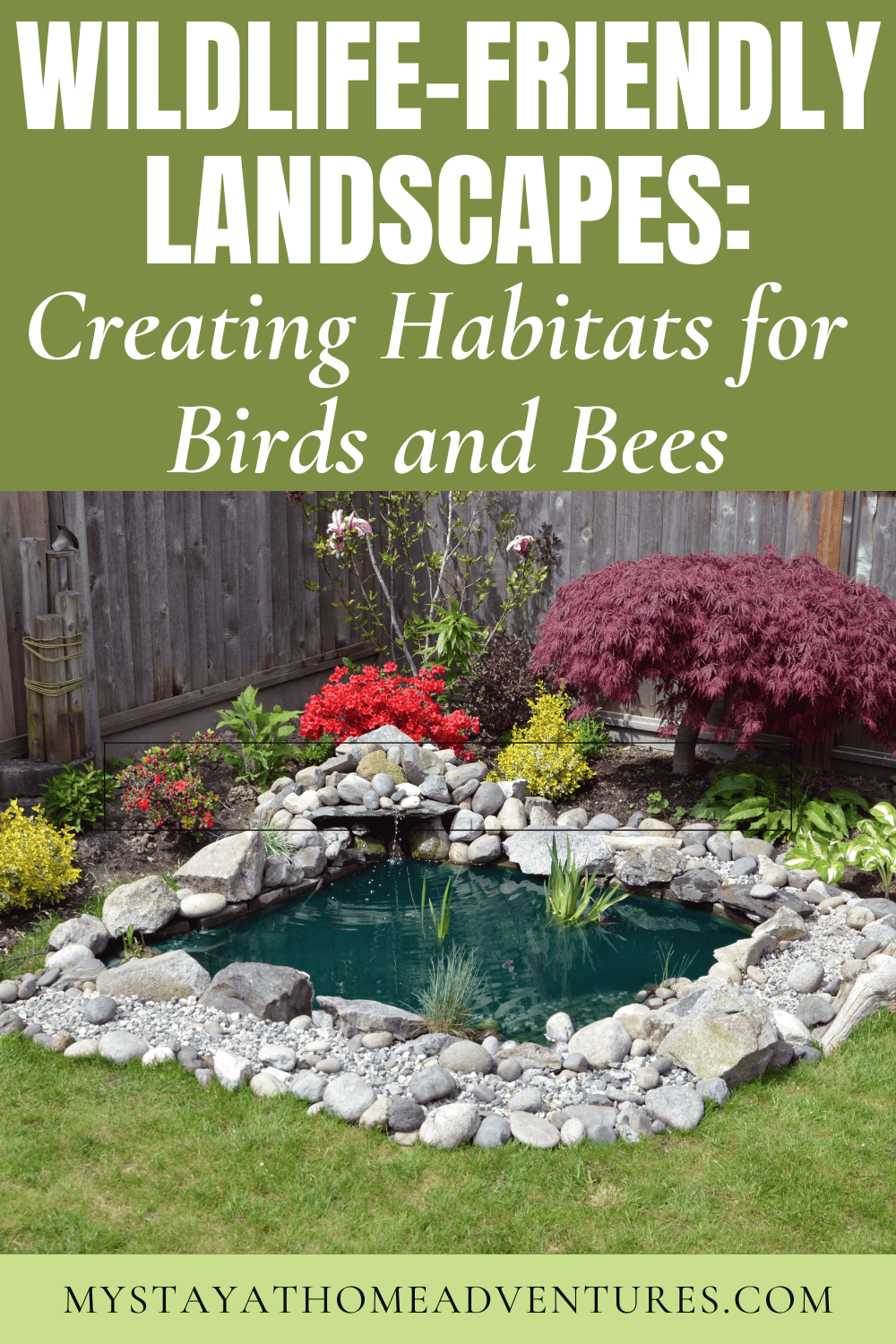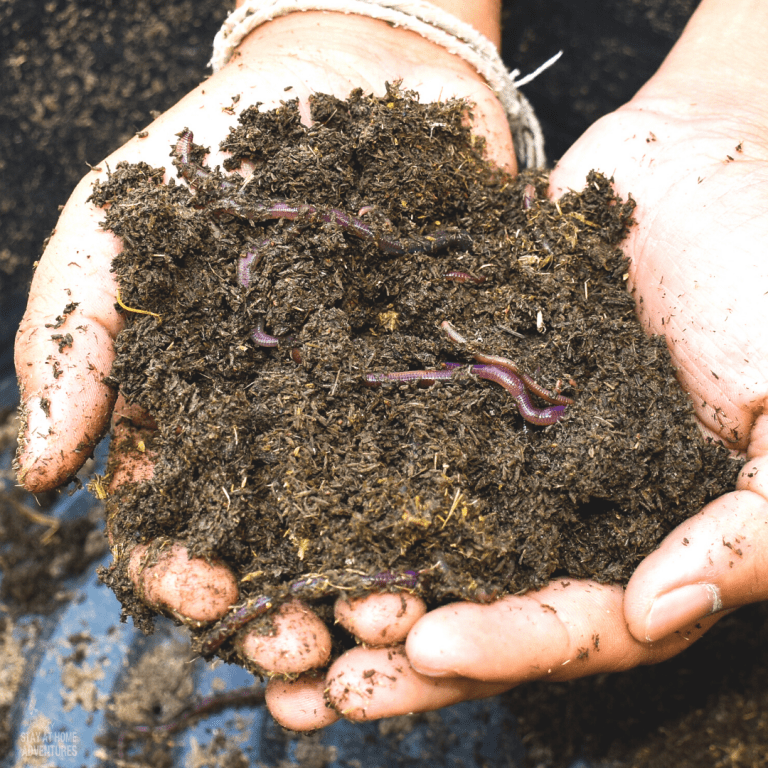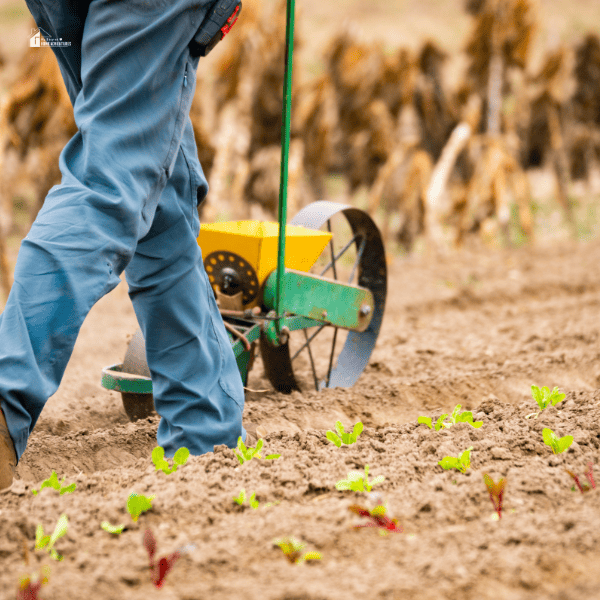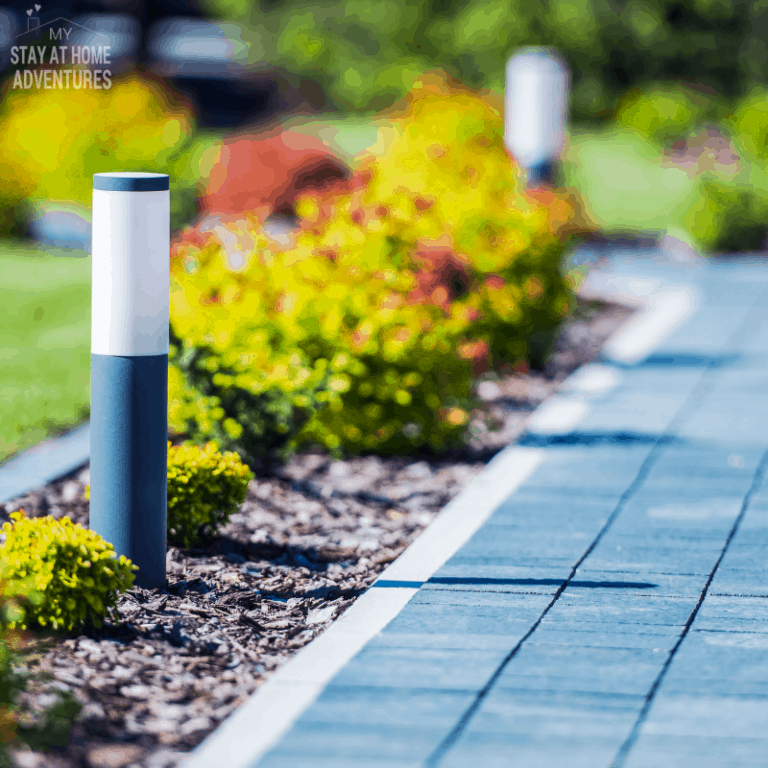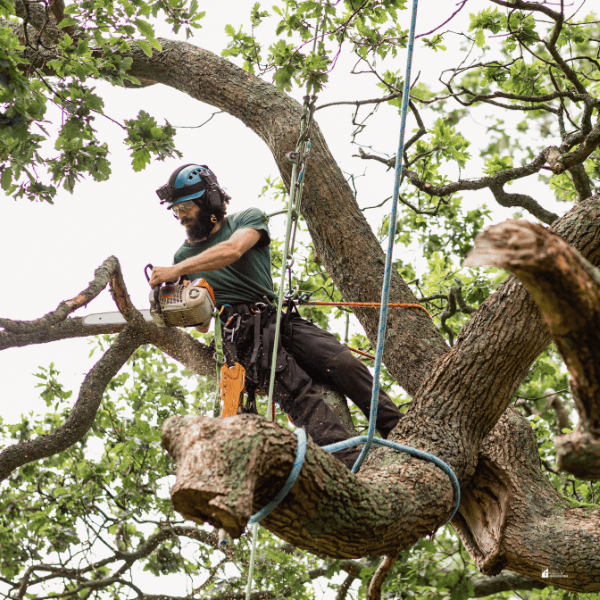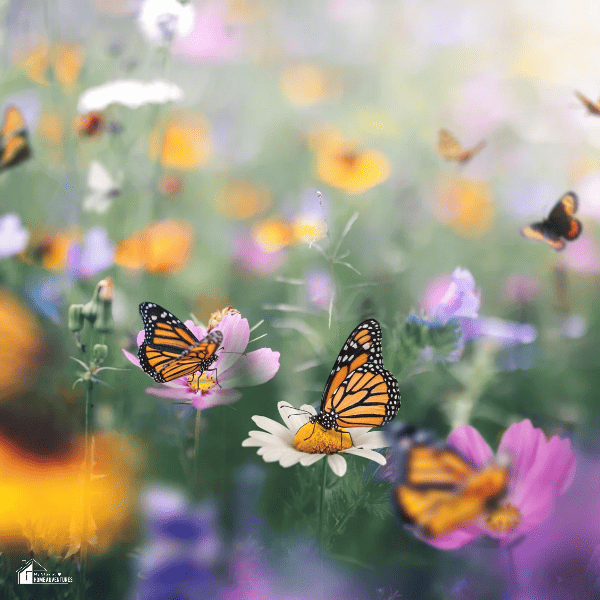Wildlife-Friendly Landscapes: Creating Habitats for Birds and Bees
This post may contain affiliate links which might earn us money. Please read my Disclosure and Privacy policies hereIn today’s urbanized world, creating wildlife-friendly landscapes has become more important than ever.
The loss of natural habitats due to urban development, agriculture, and climate change has led to a decline in biodiversity, with many species struggling to survive.
However, we can make a significant impact by transforming our own spaces into inviting habitats for wildlife.
In this article, we will explore the importance of wildlife-friendly landscapes, focusing on creating habitats for two essential pollinators: birds and bees.
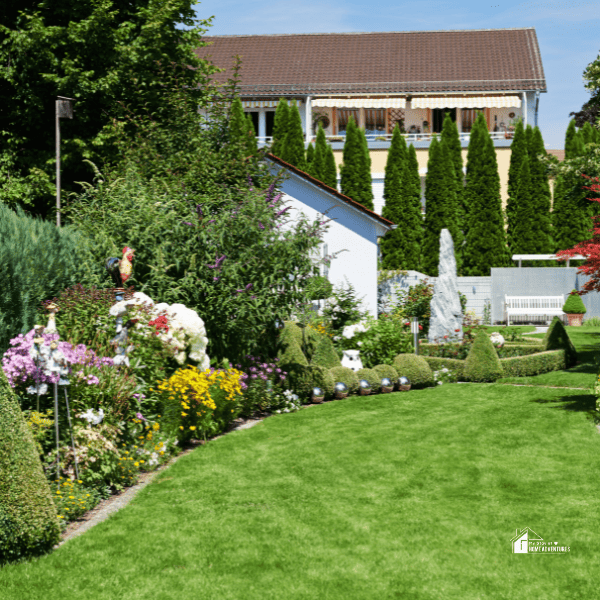
The Decline of Biodiversity
Biodiversity, the variety of life on Earth, is essential for the health and resilience of ecosystems. Unfortunately, human activities have led to habitat destruction, pollution, and climate change, resulting in a dramatic loss of biodiversity.
Birds and bees, as pollinators, play a vital role in maintaining ecosystems and supporting food production. Without them, many plants would not reproduce, and the entire food web could be disrupted.
The Importance of Birds and Bees
Birds and bees are not only fascinating creatures to observe but are also integral to the balance of nature. Bees, through pollination, contribute to the reproduction of flowering plants, including many of the fruits and vegetables we, as humans, rely on for sustenance.
Birds, on the other hand, aid in controlling insect populations, spreading seeds, and maintaining the balance in ecosystems.
Both contribute to the complex web of life, and their decline could have cascading effects on the environment.
Creating Wildlife-Friendly Landscapes
Choose Native Plants
Native plants are adapted to the local climate and provide food and shelter for local wildlife. By incorporating native species into your house’s landscape design, you can support the natural balance of the ecosystem.
To do this, first research and select plants that are native to your region, considering factors such as soil type, sunlight, and water availability.
Provide Food Sources
Birds and bees need reliable sources of food throughout the year. Plant a variety of flowering plants that bloom at different times, ensuring a continuous supply of nectar for bees and other pollinators.
Consider adding bird feeders with seeds and suet during the winter months when natural food sources are difficult to find.
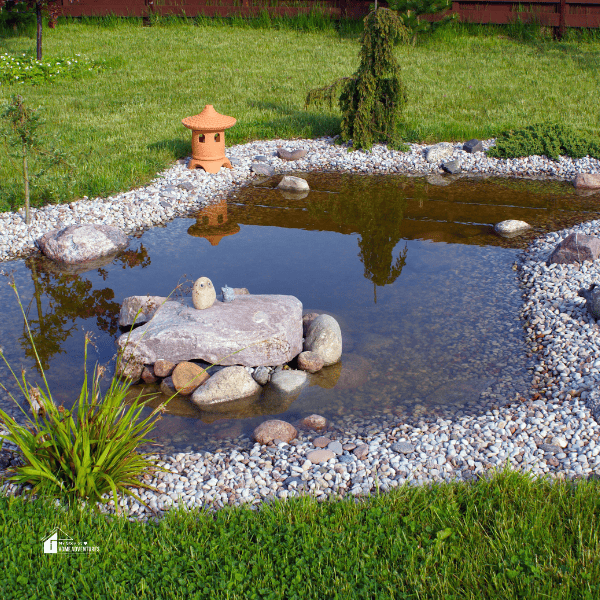
Create Water Features
Water is essential for both birds and bees, so installing bird baths, small ponds, or other water features can attract a variety of species.
Bees need water for hydration, while birds use it for drinking and bathing. Ensure that the water source is shallow to accommodate smaller wildlife, and add rocks or perches to make it accessible.
Provide Shelter and Nesting Sites
Birds and bees need safe spaces for nesting and shelter. Incorporate diverse vegetation, such as shrubs and trees, to create a layered landscape that provides different heights and types of habitats.
Dead trees or branches, if safe, can be left in place to provide natural nesting sites for birds.
Avoid Pesticides and Chemicals
Pesticides and chemicals can be harmful to both birds and bees. Opt for natural pest control methods, such as introducing beneficial insects or using companion plants to deter pests.
Minimize the use of herbicides and pesticides to protect the health of the wildlife in your landscape.
Create Habitat Diversity
A diverse habitat supports a wide range of species. Integrate a mix of open spaces, meadows, and wooded areas in your landscape.
This diversity attracts different types of birds and provides varied foraging opportunities for bees. Aim for a balanced ecosystem that mimics natural habitats.
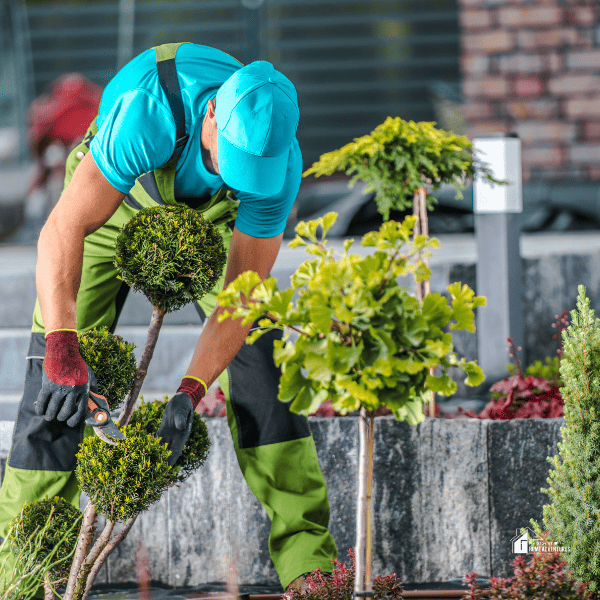
Hiring a Landscaping Company for Wildlife-Friendly Transformations
While the prospect of creating a wildlife-friendly landscape is exciting, it can also be quite complicated, especially if you don’t have time or the necessary knowledge.
If that’s the case, hiring a professional landscaping company can be a strategic move to ensure the success of your project.
Here's why you might want to consider hiring professionals:
Expertise in Native Plant Selection
Landscaping companies often employ experts with in-depth knowledge of local flora. Their expertise can prove invaluable in selecting native plants that are well-suited to your specific region.
Native plants are not only essential for attracting local wildlife but also contribute to the overall resilience of your landscape.
Efficient Design and Layout
Professional landscapers can create a well-thought-out design that maximizes the space available in your yard. They can strategically place features like bird feeders, water sources, and nesting sites to create a harmonious and functional environment for wildlife.
Their experience allows for efficient space utilization, ensuring that your landscape is both aesthetically pleasing and wildlife-friendly.
Proper Implementation of Water Features
Installing water features, such as ponds or bird baths, requires technical know-how. A landscaping company can ensure that these elements are properly designed, taking into account factors like water circulation, depth, and safety for wildlife.
Well-designed water features can attract birds and bees while increasing the overall appeal of your landscape.
Year-Round Planning for Continuous Blooms
Creating a landscape that provides food sources year-round requires careful planning. Landscapers can select plants that bloom at different times, ensuring a consistent supply of nectar for pollinators.
By doing this, they can help you support wildlife throughout the seasons and contribute to the overall health of the ecosystem.
Integrated Pest Management
Landscapers can also implement integrated pest management strategies, minimizing the use of harmful chemicals. By introducing natural predators or recommending companion plants that deter pests, a landscaping company can help maintain a healthy balance in your wildlife-friendly landscape without compromising the well-being of birds and bees.
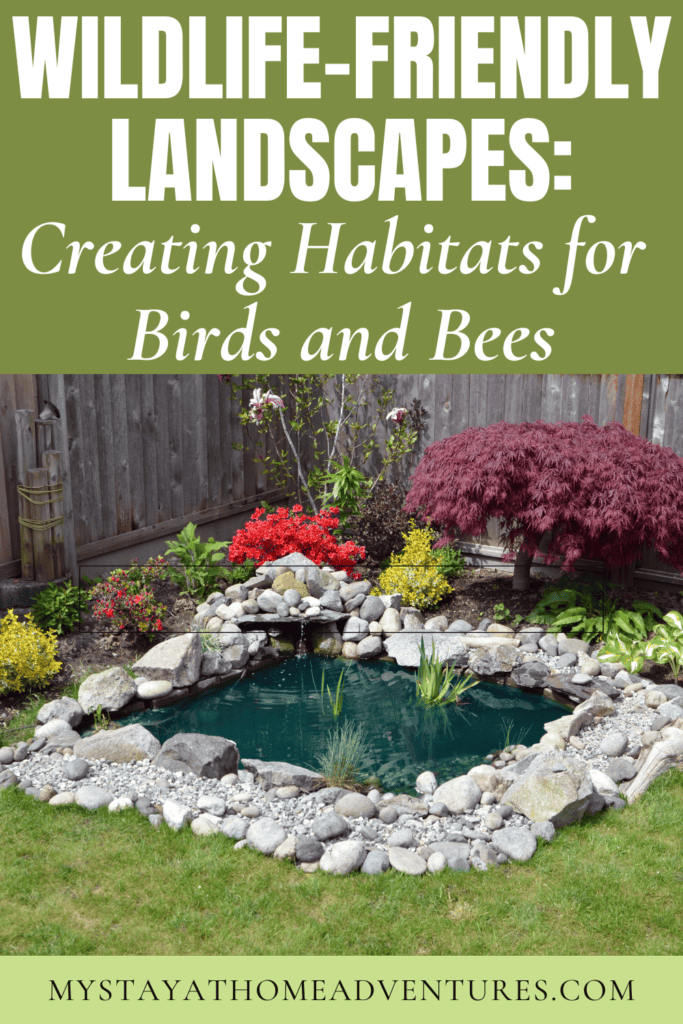
Efficient Implementation and Maintenance
Landscaping projects, especially those aimed at creating wildlife habitats, require proper implementation and ongoing maintenance. Professional landscapers can efficiently execute the plan, ensuring that each element is set up correctly.
Moreover, they can provide guidance on how to maintain the landscape over time, preserving its ecological benefits.
If this convinces you that collaborating with landscapers is the right choice for you, the right company might be just around the corner. You can find this out by researching ‘landscapers near me’ on your preferred search engine.
Final Thoughts
The role birds and bees play in sustaining biodiversity is undeniable. By crafting a wildlife-friendly landscape, we can create a thriving habitat for these tiny, beautiful creatures.
If you’re looking for efficient and expert assistance, landscaping professionals might be a valuable resource. Their knowledge ensures the success of wildlife-friendly projects while aligning with local regulations.
Keep in mind that transforming your outdoor space is more than pure aesthetics—it's a commitment to coexist harmoniously with nature.

